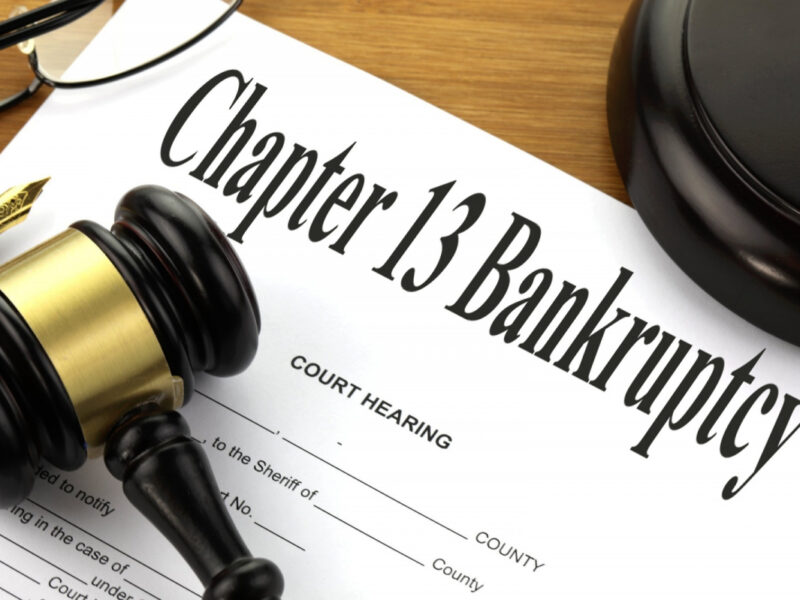Yes.
When a creditor or other interested party seeks an order from the court abandoning property from the bankruptcy estate under Code § 554(b), Bankruptcy Rule 6007(b) supplies the mechanism for the party to obtain that order. The rule provides that the party’s objective can be accomplished only by “fil[ing] and serv[ing] a motion requiring the trustee or debtor in possession to abandon property of the estate.” Therefore, when a party files a motion for abandonment pursuant to Rule 6007(b), the party is, in fact, asking the court to compel the trustee to abandon property from the estate. Since a trustee, in turn, may abandon property only after affording notice to all creditors as mandated by Rule 6007(a), it follows that a party petitioning under § 554(b) cannot effect trustee action without “serving” equivalent notice upon all creditors. As a result, the requirement in Rule 6007(a) of providing notice to all creditors is binding on a party who proceeds under Rule 6007(b). And, while a court can vary the parties entitled to notice either by local rule or by order in a specific case, the court did not authorize truncated service in this case, in which a creditor sought an order requiring the trustee to abandon the debtor’ real property.
While, as a general rule, abandonment of estate property is irrevocable, this principle is predicated on the assumption that the abandonment of estate property was properly accomplished in the first instance. Where abandonment is not accomplished in compliance with the requirements of Code § 554 and Bankruptcy Rule 6007, an attempted abandonment is ineffective. Morlan v. Universal Guar. Life Ins. Co., 298 F.3d 609 (7th Cir. 2002). Thus, here, where a creditor sought the abandonment of the debtor’s real property but did not serve all other creditors with its motion, and the court granted the motion, the court now concluded that the real property was not abandoned from the bankruptcy estate and the abandonment provisions of the court’s prior order were revocable. See, e.g., In re Clower, 463 B.R. 573 (Bankr. N.D. Ga. 2011) (a provision abandoning property within a relief from stay motion was ineffectual where prior notice was not given to all creditors and parties in interest).
